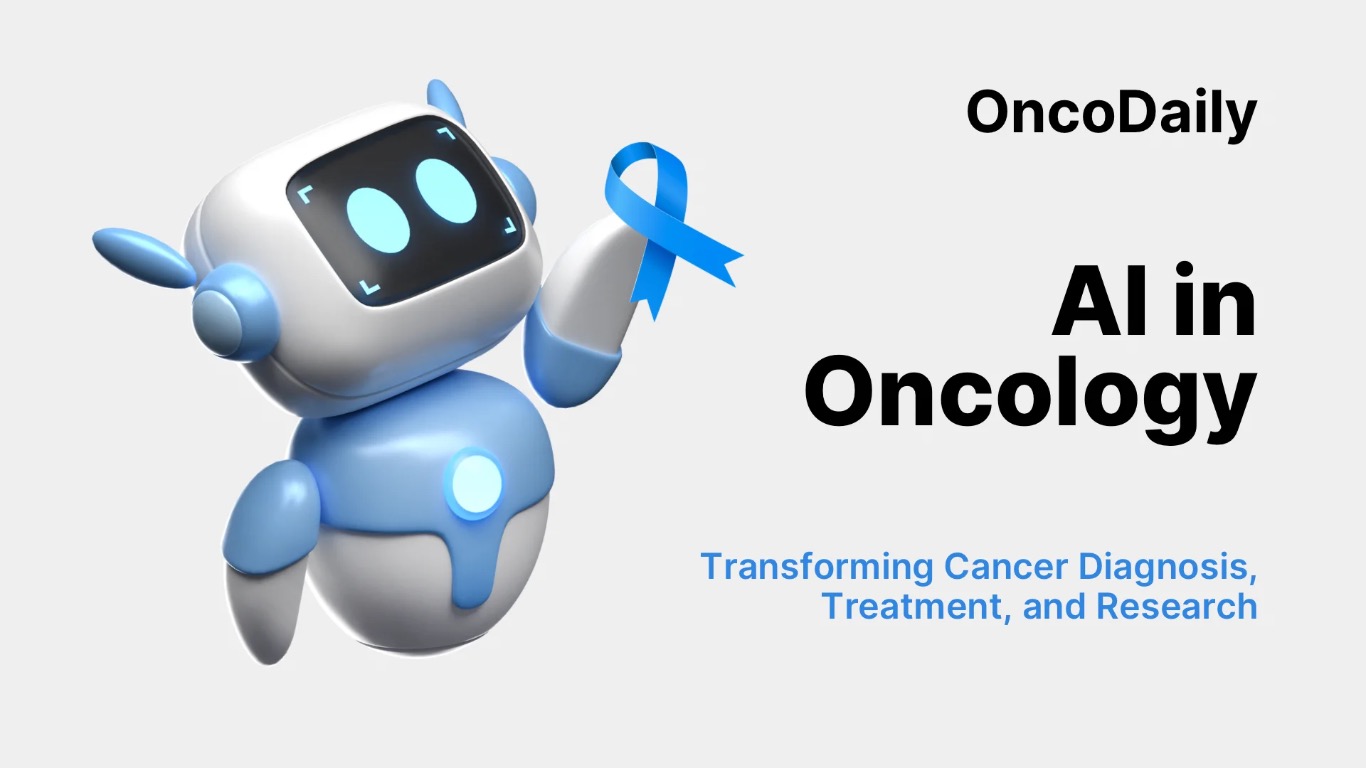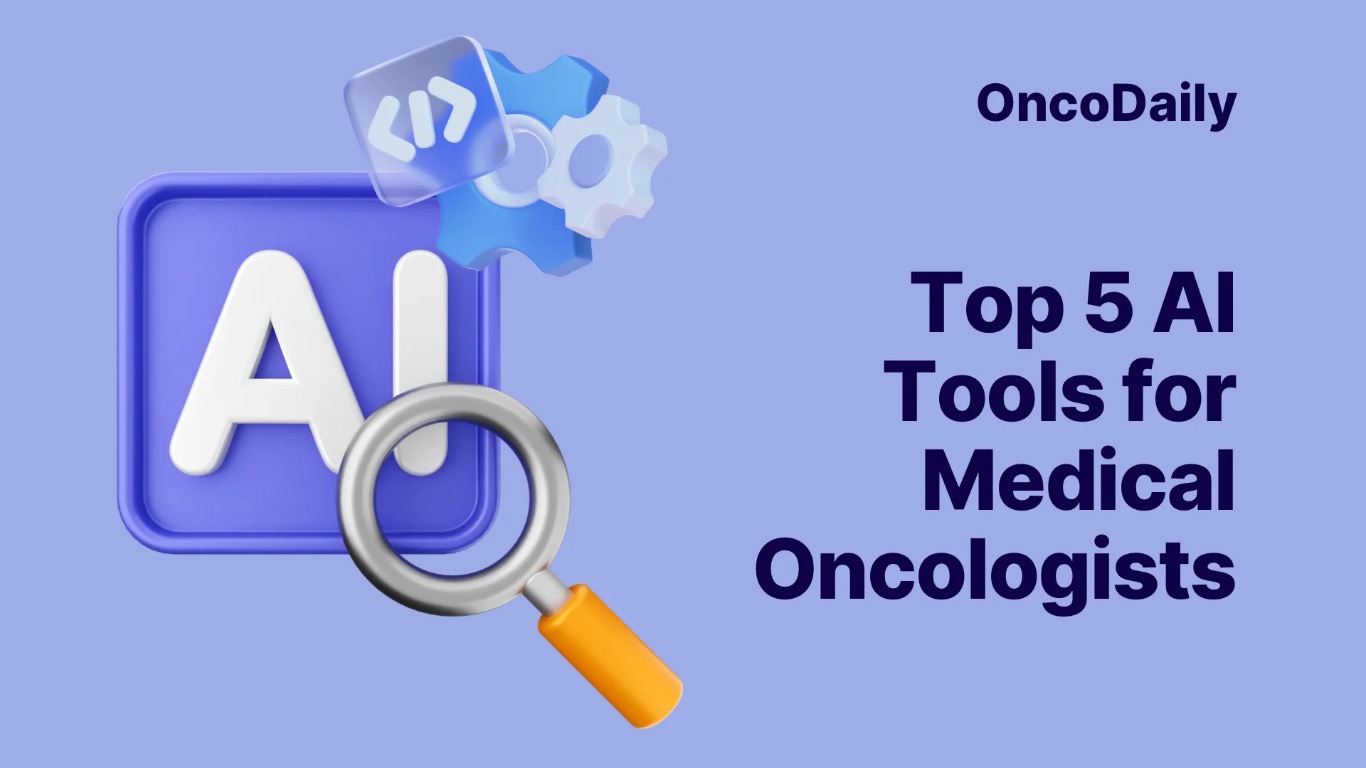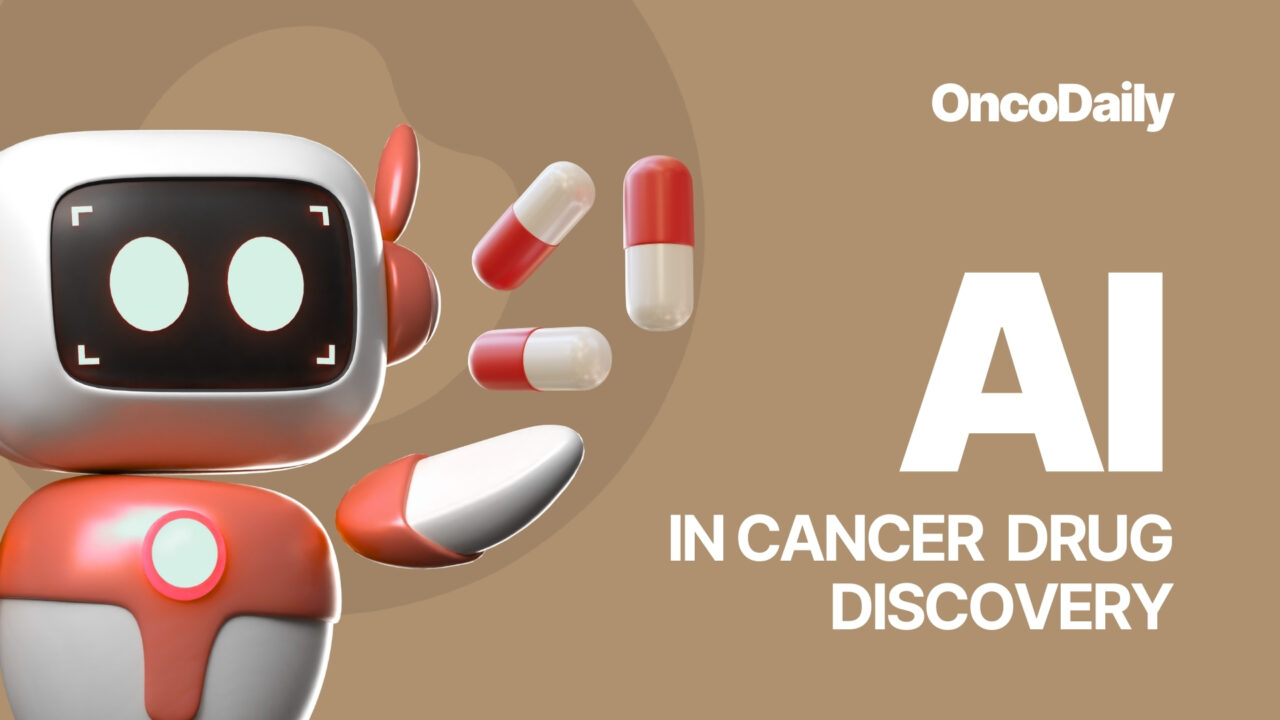Cancer remains one of the leading causes of mortality worldwide, with more than 19 million new cases and nearly 10 million deaths reported in 2020 (Sung et al., 2021). Despite decades of progress, the development of effective cancer therapies remains a time-intensive and resource-heavy process, often requiring over a decade and billions of dollars to bring a single drug to market. Traditional drug discovery pipelines are constrained by high attrition rates, particularly in oncology, where tumor heterogeneity, resistance mechanisms, and complex microenvironmental factors make effective targeting especially challenging.
In recent years, Artificial Intelligence in Cancer Drug Discovery has emerged as a transformative force in biomedical research. By leveraging machine learning (ML), deep learning (DL), and natural language processing (NLP), AI systems are increasingly capable of integrating massive, multimodal datasets—from genomic profiles to clinical outcomes—to generate predictive models that accelerate the identification of druggable targets, optimize lead compounds, and personalize therapeutic approaches.
This article explores how Artificial Intelligence in Cancer Drug Discovery is reshaping oncology across multiple dimensions, from target identification and drug design to biomarker discovery, clinical trial optimization, and regulatory considerations.

Read About AI in Oncology on OncoDaily
The Challenges of Traditional Cancer Drug Discovery
Cancer drug discovery faces unique challenges compared to other therapeutic areas. Tumor heterogeneity means that treatments effective in one subset of patients may fail in another. Resistance mechanisms, whether intrinsic or acquired, limit long-term efficacy. Furthermore, cancer biology is heavily influenced by the tumor microenvironment, immune system interactions, and epigenetic factors, making drug response prediction complex.
Conventional approaches to drug discovery typically rely on high-throughput screening, serendipitous findings, or incremental modifications of existing compounds. These strategies are labor-intensive and costly, with an estimated 90% of oncology drugs failing during clinical development (Mullard, 2020). This inefficiency underscores the need for new paradigms—ones capable of managing complexity, integrating vast data, and generating predictive insights.
The Role of AI in Drug Discovery
AI is not a singular technology but rather a collection of computational approaches. In cancer drug discovery, the most relevant include:
Machine Learning (ML): Algorithms that learn patterns from data to make predictions.
Deep Learning (DL): Neural networks capable of handling large, complex datasets such as histopathology images or omics data.
Natural Language Processing (NLP): Tools that extract knowledge from unstructured biomedical literature and clinical notes.
Reinforcement Learning (RL): Methods that optimize decision-making, useful in de novo molecular design.
These approaches collectively reduce the time and cost of discovery by augmenting human expertise with computational precision.
AI in Target Identification
Target identification is the first step in drug discovery, involving the recognition of molecular entities that drive cancer progression and can be modulated therapeutically. Traditional methods rely on genetic studies, biochemical assays, and pathway analyses, which often miss subtle interactions or novel targets hidden in vast datasets.
AI enables integration of multi-omics data—including genomics, transcriptomics, proteomics, and metabolomics—to uncover hidden patterns and identify promising targets. For instance, ML algorithms can detect oncogenic drivers in large-scale cancer genome databases such as The Cancer Genome Atlas (TCGA). Deep learning can also model protein-protein interaction networks to highlight novel therapeutic vulnerabilities (Zhou et al., 2020).
Recent studies have demonstrated that AI-driven target discovery can prioritize previously overlooked pathways. For example, BenevolentAI used its platform to predict novel targets in glioblastoma by integrating transcriptomic and clinical data, identifying promising leads for further validation (Hopkins, 2018).

Read About Can AI Cure Cancer on OncoDaily
AI in Drug Design and Lead Optimization
Once targets are identified, the next step is designing molecules that interact effectively with them. Traditional medicinal chemistry relies on iterative synthesis and testing, a costly and slow process. AI fundamentally accelerates this by enabling in silico drug design.
Deep generative models, such as variational autoencoders and generative adversarial networks, can create novel chemical structures with desired pharmacological properties. Reinforcement learning further optimizes these structures to balance potency, selectivity, solubility, and toxicity.
Companies such as Insilico Medicine and Exscientia have reported AI-designed molecules reaching clinical trials in record times. Insilico developed a preclinical candidate for idiopathic pulmonary fibrosis in under 18 months, compared to the typical 3–6 years (Zhavoronkov et al., 2019). Similar approaches are increasingly being applied to oncology, where AI-driven small molecules and antibody designs are showing promise.
Furthermore, AI can predict off-target interactions, reducing the risk of adverse effects and improving safety profiles. In silico screening of millions of compounds against cancer targets can be performed in weeks, dramatically cutting the early discovery timeline.
Biomarker Discovery and Precision Oncology
Biomarkers are essential in cancer therapy, guiding patient selection and predicting response. AI is particularly powerful in this domain, capable of identifying complex biomarker signatures from heterogeneous data sources.
Deep learning applied to pathology slides can reveal histomorphological features correlating with response to immune checkpoint inhibitors (Saltz et al., 2018). Machine learning models analyzing circulating tumor DNA (ctDNA) can identify resistance mutations, enabling adaptive therapy strategies.
AI-driven biomarker discovery not only improves trial design but also supports personalized oncology. By linking biomarkers with therapeutic response, AI models help match patients to the right drug at the right time, maximizing efficacy and minimizing toxicity.
AI in Clinical Trial Optimization
Clinical trials are one of the most expensive and time-consuming phases of drug development. Patient recruitment remains a bottleneck, with up to 80% of trials failing to meet enrollment timelines (Huang et al., 2020). AI can address this by mining electronic health records (EHRs) and real-world data to identify eligible patients.
Additionally, AI can predict trial outcomes through simulation models, optimizing trial design by selecting appropriate endpoints, stratifying patients, and reducing sample sizes. Natural language processing helps match trial protocols with institutional patient databases, accelerating enrollment.
Adaptive trial designs, guided by AI-driven real-time analytics, are increasingly being explored. These allow for modifications in dosing, stratification, or even drug combinations during the trial based on predictive modeling.
Case Studies of AI in Cancer Drug Discovery
Several success stories highlight the growing impact of AI:
Exscientia and DSP-1181: An AI-designed molecule for obsessive-compulsive disorder entered human trials in just 12 months, compared to the typical 4–5 years. The same platform is being applied to oncology projects.
Insilico Medicine: Its AI platform identified novel inhibitors of QPCTL, a target relevant to tumor immune evasion. These molecules are advancing into oncology pipelines.
IBM Watson for Oncology: While criticized for limitations, Watson demonstrated the ability to parse massive oncology datasets and propose therapeutic options, highlighting the potential of NLP in clinical decision support.
PathAI: Leveraging deep learning for digital pathology, PathAI collaborates with biopharma to identify predictive biomarkers for immunotherapy response.

Read About Top 5 AI Tools for Medical Oncologist on OncoDaily
Limitations and Challenges
Despite progress, AI in cancer drug discovery faces several hurdles.
- Data quality and availability: AI models are only as good as the data they are trained on. Incomplete, biased, or noisy datasets can lead to flawed predictions.
- Interpretability: Many AI models, especially deep learning, operate as “black boxes,” limiting mechanistic insight into their predictions.
- Validation: Predictions require extensive preclinical and clinical validation, which remains resource-intensive.
- Ethical and regulatory concerns: Data privacy, informed consent, and compliance with regulations such as GDPR are essential. Regulators also require explainability before approving AI-driven candidates.
- Integration into workflows: Adoption requires cultural shifts among researchers, clinicians, and regulators, who may be skeptical of AI-derived insights.
The Future of AI in Cancer Drug Discovery
The trajectory of AI suggests an increasingly central role in oncology drug discovery. Advances in multi-modal AI—capable of integrating genomic, imaging, and clinical data—promise more holistic insights. Digital twins of patients, simulated through AI models, may allow virtual testing of drugs before actual clinical trials.
Federated learning approaches, which train models across multiple institutions without sharing raw data, can overcome privacy barriers and enhance data diversity. The integration of quantum computing may further accelerate molecular simulations beyond current computational limits.
Moreover, partnerships between academia, industry, and regulatory bodies are critical. Initiatives such as the FDA’s exploration of AI/ML-based regulatory frameworks underscore the growing recognition of AI’s transformative role.
Conclusion
Artificial intelligence is reshaping the landscape of cancer drug discovery. By accelerating target identification, optimizing lead compounds, discovering biomarkers, and streamlining clinical trials, AI has the potential to reduce the time and cost of bringing effective therapies to patients. While challenges in data quality, interpretability, and regulation remain, the successes achieved so far signal a paradigm shift in oncology research.
As AI technologies mature, their integration into every stage of the drug discovery pipeline will likely become the norm rather than the exception. The ultimate beneficiaries of these advances will be cancer patients worldwide, who may gain earlier access to safer, more effective, and personalized therapies.
You Can Watch More on OncoDaily Youtube TV
Written by Armen Gevorgyan, MD


